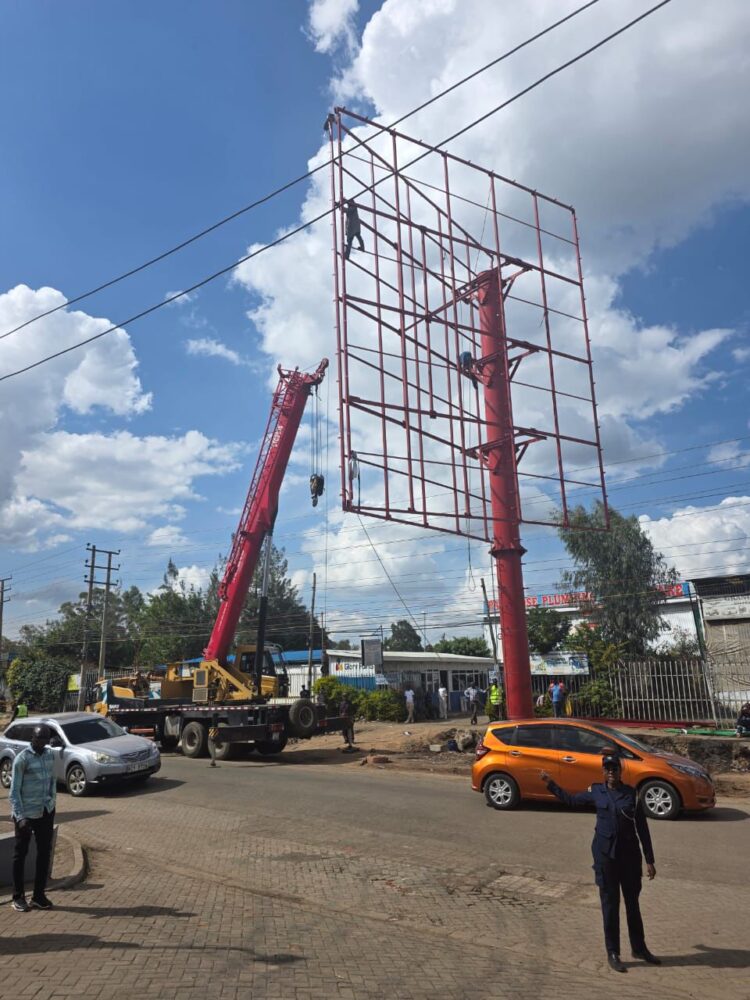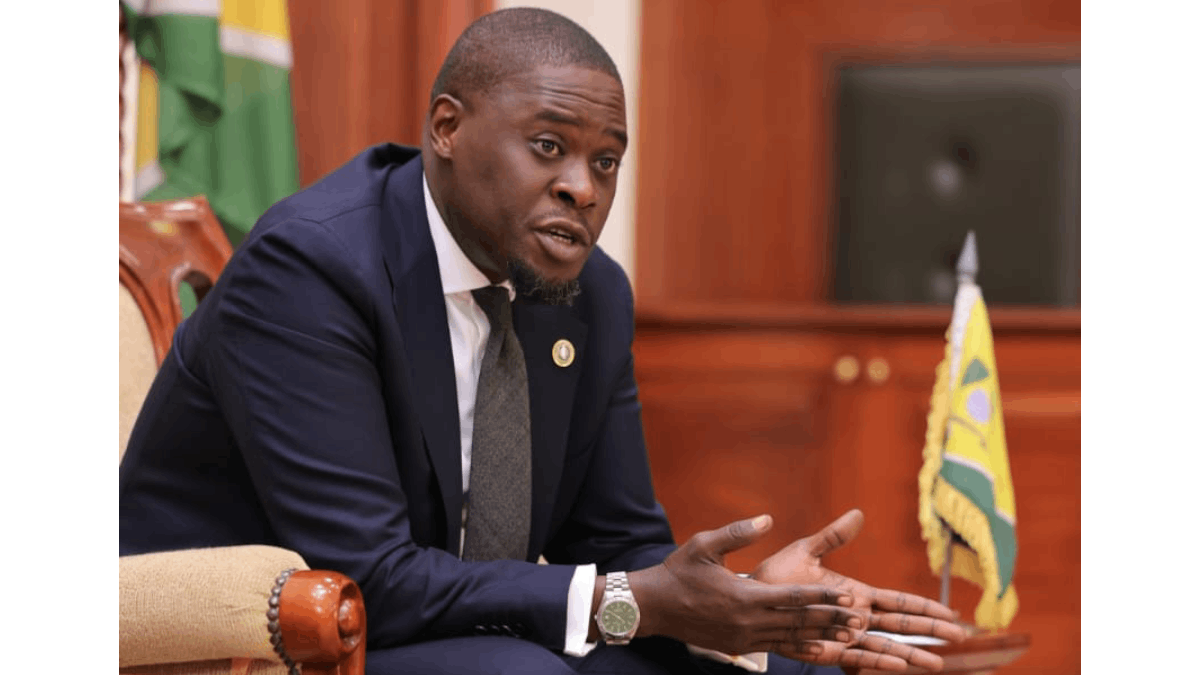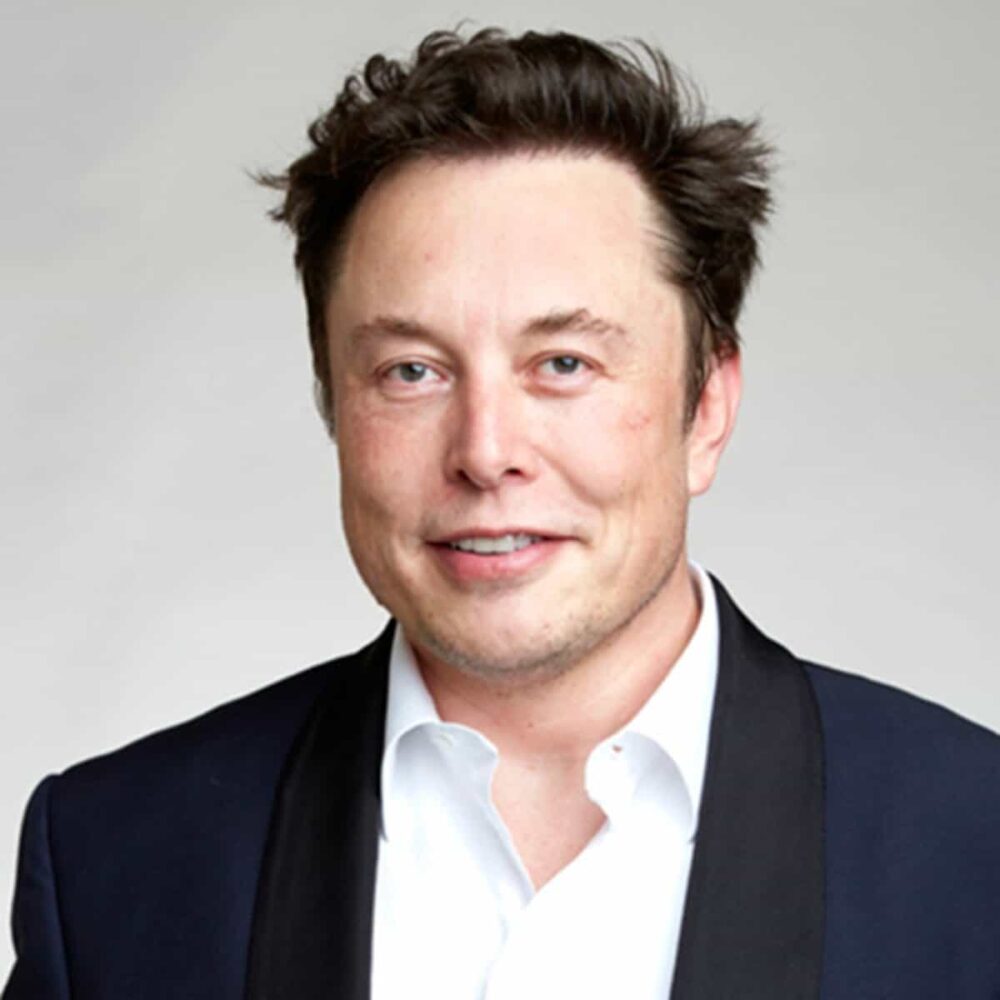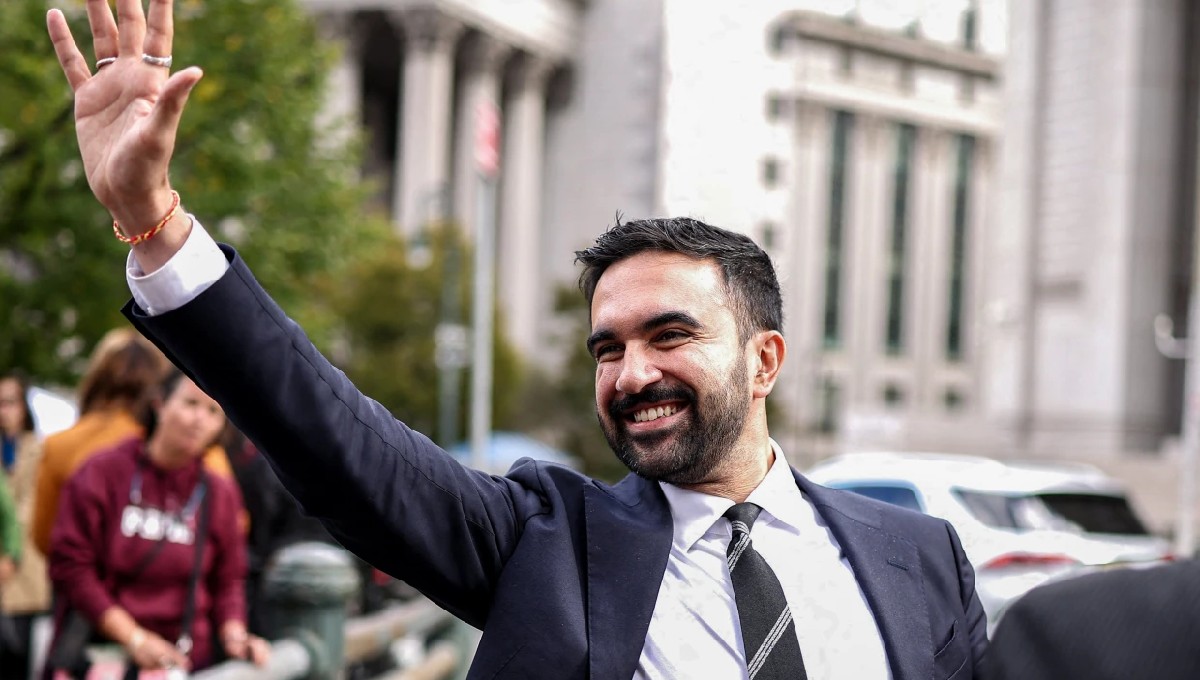Republican Donald John Trump will become the 47th President of the United States of America, after trouncing Democrat Kamala Harris in the 2024 presidential election.
Trumps election win marks a historic comeback for the former president, who left office in 2021. As this became clearer on Wednesday, November 6, world leaders started sending their congratulatory messages.
“Together, we can foster economic cooperation, promote peace, and address global challenges that affect our citizens,” wrote Nigerian President Bola Tinubu, while Zimbabwe’s Emerson Mnangagwa lauded Trump’s epic comeback, “the world needs more leaders who speak for the people. Zimbabwe stands ready to work with you and the American people.”
But something was conspicuous… Kenya’s President William Ruto took his time before sending his congratulations. In the end, he did.
“Kenya stands ready to further enhance our cooperation on matters of mutual interest including trade, investment, technology and innovation, peace and security, and sustainable development.”
But will Trump 2.0 be good for Kenya, and the African continent at large? Trump’s first term at the White House was marked with reduced funding, curbed immigration and a dismissive attitude towards Africa, at least if his infamous phrase where he reportedly referred to Haiti and African nations as “shithole countries” are anything to go by.
Trump’s most significant Africa policies?
Governance experts say that while President Trump showed little interest in Africa on the face of it during his first term in office, his administration continued with many good policies of its predecessors.
More so, his administration introduced Prosper Africa, an initiative that was designed to assist U.S companies seeking to do business in Africa, by substantially increasing U.S-African trade and investment ties, spur joint U.S and African economic growth, and—as U.S. officials stated at the time—demonstrate “the superior value proposition of transparent markets and private enterprise.”
Prosper Africa is supported by the Better Utilization of Investments Leading to Development (BUILD) Act of 2018, signed into law by President Trump on October 5, 2018.
According to the U.S. Agency for International Development (USAID), the Act consolidated its Development Credit Authority (DCA) and the Overseas Private Investment Corporation (OPIC) into a reformed U.S. International Development Finance Corporation (USIDFC).
In turn, USAID says that USIDFC catalysed market-based, private-sector development, spur economic growth in less-developed countries, and advanced the foreign policy interests of the United States.
As the Council on Foreign Relations, a Washington think-tank, reports, BUILD doubled the limit on investments from $29 billion under OPIC to $60 billion under USIDFC. Sub-Saharan Africa represented the largest share of OPIC’s portfolio.
All these schemes introduced by Trump 1.0 remained operational three years after he left office.
How Trump 2.0 might approach Africa
To answer this question, we have to look at the policies Trump advocated for during his 2024 campaigns, which — of course — are aligned to his protectionist “America First” rallying call.
In a bid to protect US industry, Trump has proposed a new 10-20% tariffs on most imported foreign-made goods. This means that imported goods will be more expensive, and so African exporters would be likely to sell less of their produce in the large US market.
In his previous administration, Trump said that the African Growth and Opportunity Act (AGOA) would be discontinued in 2025.
AGOA has enabled eligible African countries to export some of their produce to the U.S without paying taxes since 2000, and this is a key concern.
Immigration
Trump has promised the biggest mass deportation of undocumented individuals, and restore funding for the completion of the wall on the U.S/Mexico border.
He is favouring the implementation of substantially more restrictive immigration rules, including avenues for legal work and student visas.
The promised mass deportation is a concern for Africa in particular, bearing in mind that in 2022, around 13,000 African migrants were recorded at the US-Mexico border, according to US Customs and Border protection data. By 2023, this figure had quadrupled to 58,000. Some of the migrants say they are fleeing war, persecution and poverty.
Defence and Foreign policy
Trump has — not once, not twice — advocated for an isolationist foreign policy of the U.S disentangling itself from conflicts elsewhere in the world.
However, while Trump was away, Russia stepped up its influence and presence in Africa, mainly by providing troops and arms to countries hit by militants such as Niger, Burkina Faso and Mali.
It remains to be seen whether Trump would want to counter this. In the past Trump has stepped in to help Nigeria to fight Boko Haram Islamist militants.
In fact, former lawmaker Ehiozuwa Johnson Agbonayinmma had this to say about Trump in an interview with Nigerian news outlet Vanguard: “During [former President Barack] Obama’s tenure, Nigerian-Americans advocated tirelessly for him, yet he declined Nigeria’s requests for arms. When our communities in northern Nigeria were under attack by Boko Haram, it was Trump who ultimately approved the purchase of Tucano jets, allowing us to strengthen our defences.”
But as W Gyude Moore, a fellow at the Center for Global Development and former Liberian minister, tells the BBC, “Trump is very transactional”.
“I’m really doubtful that the Trump administration is going to care more about what’s happening in Sudan [18-month civil war] than, say, the Biden administration did.”
In his first administration, Trump tried to slash funding for foreign aid worldwide, albeit unsuccessfully because the Congress rejected these cuts.
It remains to be seen what a man many describe to be “unorthodox” will implement once in office.











